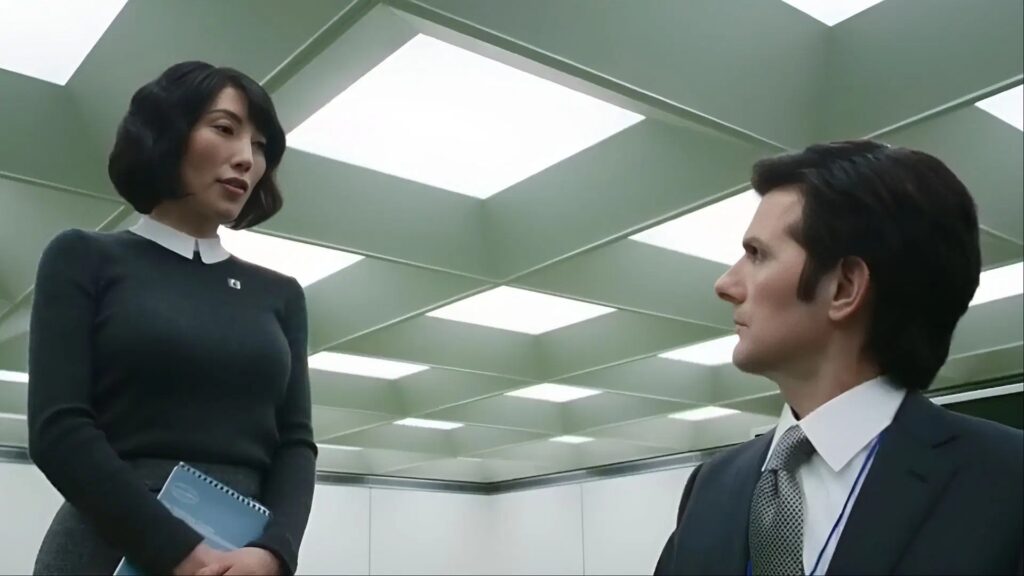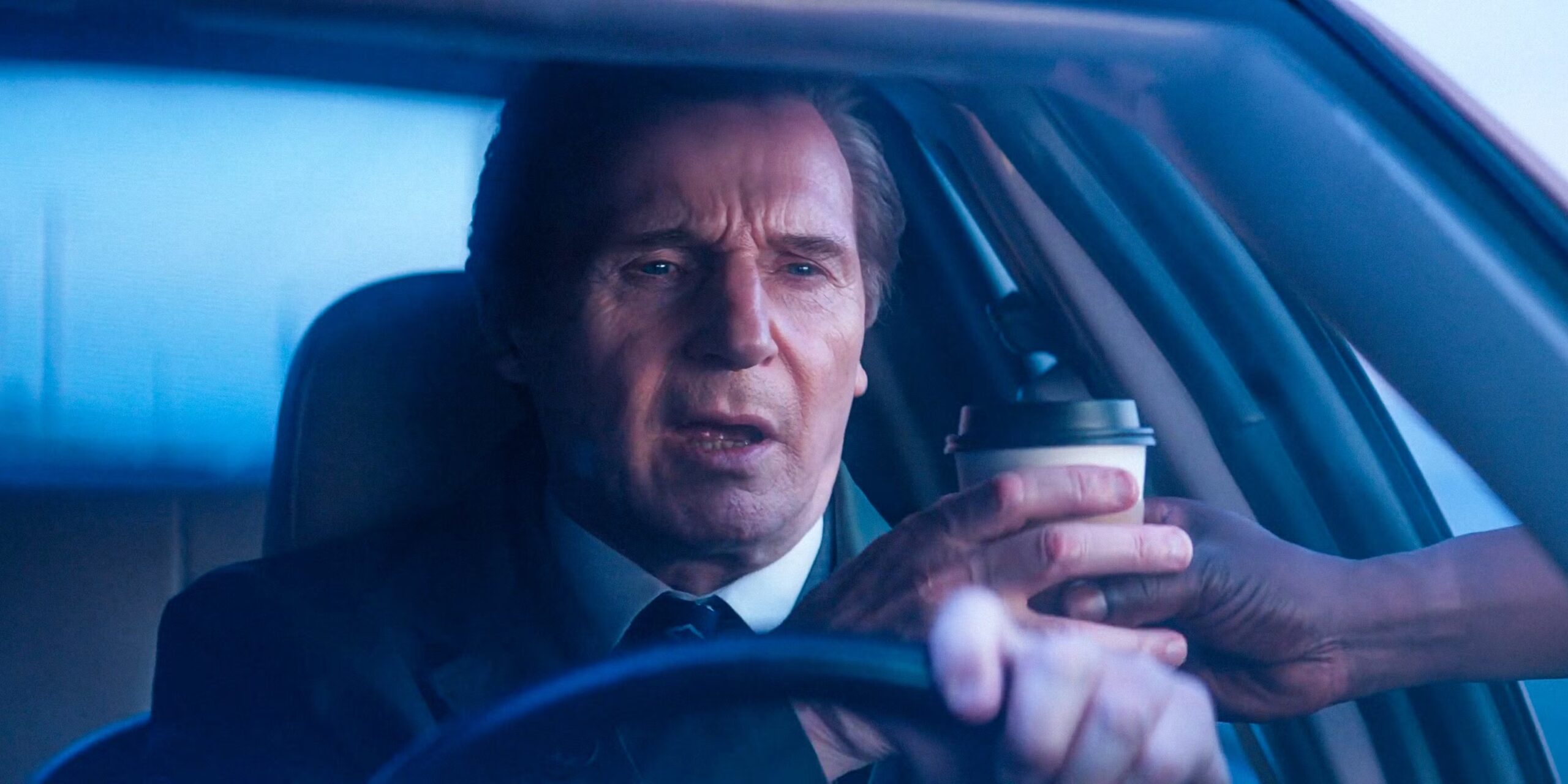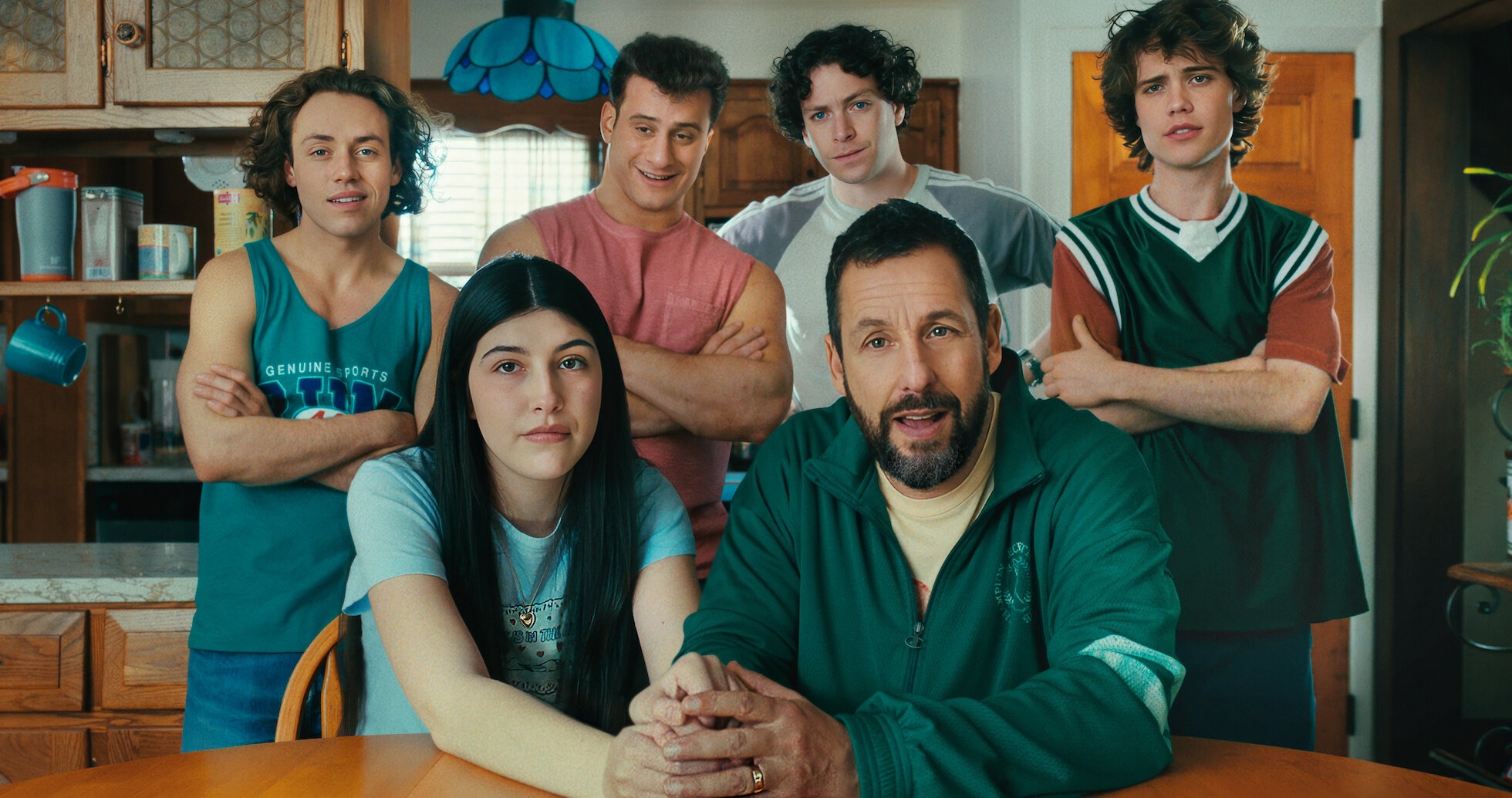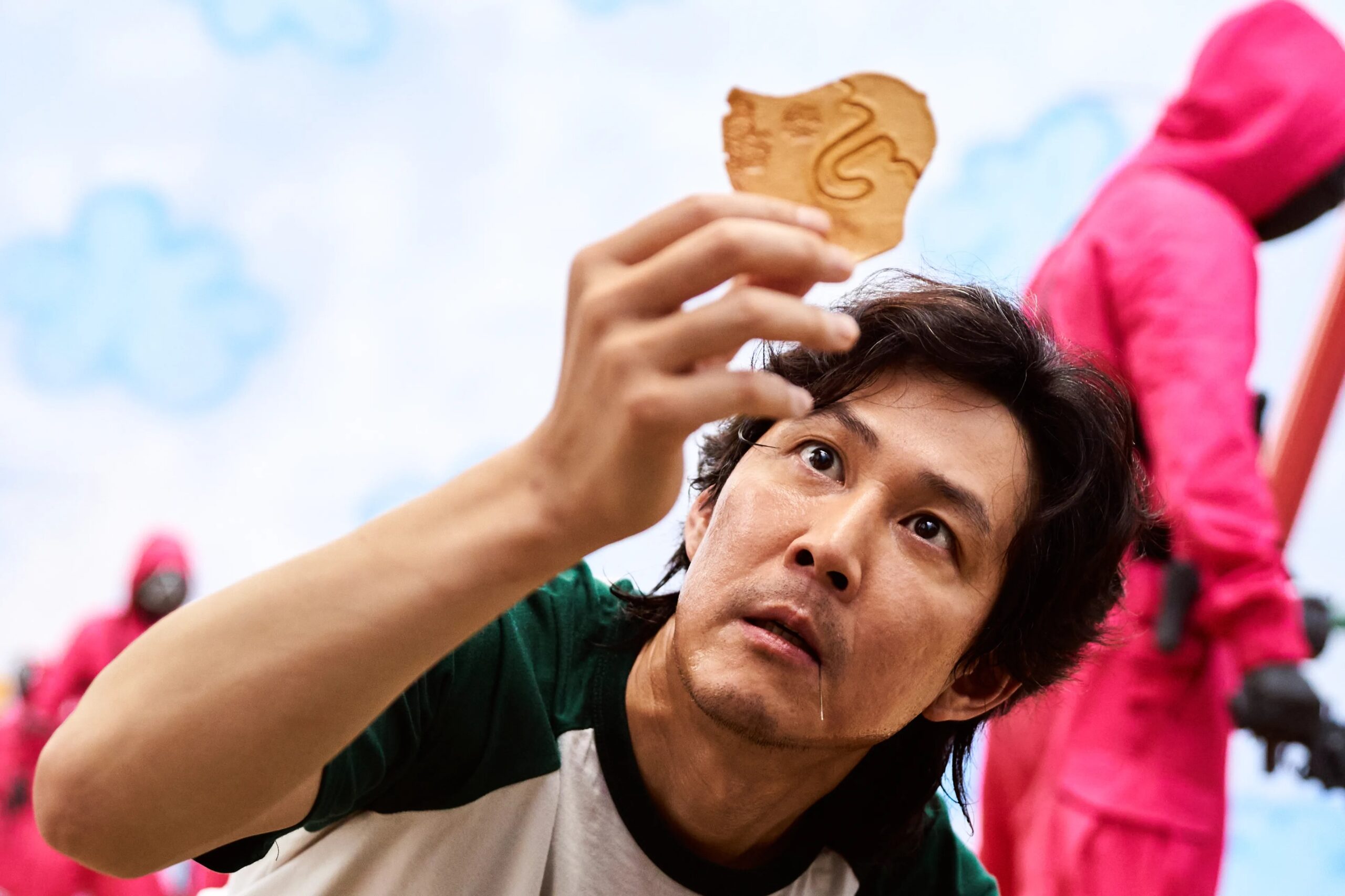Jessica Lee Gagné, the cinematographer behind the clinical yet mesmerizing look of Severance, has made her directorial debut in the Apple TV+ hit’s second season.
Her shift from director of photography to director came with episode seven, “Chikhai Bardo,” the most structurally complex and emotionally charged installment yet.

Initially, Gagné intended to exit the series after season one. “I love building visual worlds, and after crafting the Severed Floor’s aesthetic, I was ready for a new challenge,” she says.
Despite offers to direct, she declined until reading the synopsis for episode seven. “It struck me. I looked in the mirror and asked, ‘Do you want to direct?’ It was now or never.”
Tackling the Show’s Most Challenging Episode
Episode seven, co-written by Dan Erickson and Mark Friedman, navigates multiple timelines, unraveling the layered tragedy of Mark (Adam Scott) and Gemma (Dichen Lachman).

Flashbacks show the couple’s struggle with infertility before Gemma’s staged death by Lumon Industries. In the present, she is trapped on the enigmatic Testing Floor, where 25 versions of her personality are repeatedly subjected to psychological experiments.
“As a woman, I just felt that it needed to be a woman directing,” Gagné explains. “I didn’t want anyone else defining the visual language for Gemma’s experience.”
A Path Rooted in Personal History
The cinematic leap was personal. Raised in a video store owned by her father in Quebec, Gagné’s destiny in film seemed inevitable. Yet she initially pursued cinematography, drawn to its collaborative energy and creative safety. “Directing felt like a bigger risk,” she admits. “Shooting others’ visions gave me room to grow without betting it all.”
Gagné’s path crossed with Ben Stiller on Escape at Dannemora in 2018, a partnership that would evolve into a defining collaboration on Severance. “We spoke the same language,” she recalls. The pair’s shared visual sensibility made her eventual directorial move on the series both natural and supported.
Visual Freedom and Emotional Depth
Choosing to direct the season’s most narratively dense episode wasn’t about ambition but instinct. “I had just a paragraph, but the idea of new worlds and timelines inspired me. It was fragile material that needed care.”
In “Chikhai Bardo,” Gagné directed most of the episode while also serving as her own cinematographer—except for the 16mm film flashbacks of Mark and Gemma. “Shooting on film is a privilege. But between the technical complexity and needing to focus on the actors, I brought in a partner for that portion,” she says.
“There was never going to be a softer landing than this,” Gagné says of her debut. “I knew the crew, the cast, and had Ben’s full support.”
Emotional Collaboration with Dichen Lachman
That comfort was vital, especially while directing Lachman through the grueling emotional terrain of 26 different personas. “That was the most intimidating part,” Gagné admits. “But Dichen and I had deep conversations about life and identity. We connected emotionally to Gemma’s story.”
Some of that connection extended beyond the screen. Gagné’s own rental home became Mark and Gemma’s house in the episode. “I had been visualizing scenes in that space without realizing it. The timing of the cherry blossoms blooming for the love scene was serendipitous.”
Crafting Continuity and Color Symbolism
The episode also subtly bridged themes across the season. Gagné fought to introduce the color red into Gemma’s wardrobe, previously off-limits in the show’s palette. That red reappears in episode ten, underscoring the emotional awakening of Mark S and Helly R. “It wasn’t planned, but it connects. Severance often seems to create itself.”
Looking Ahead
Despite the success, Gagné remains cautious about her future. “Every time I say I won’t do something, I end up doing it. But I’m working on my first feature now, and the joy it brings me is unlike anything else.”
For a series as stylistically defined as Severance, Gagné’s voice behind the camera represents more than a career evolution. It signals a deepening of the show’s identity, particularly as it explores themes of memory, autonomy, and identity.










